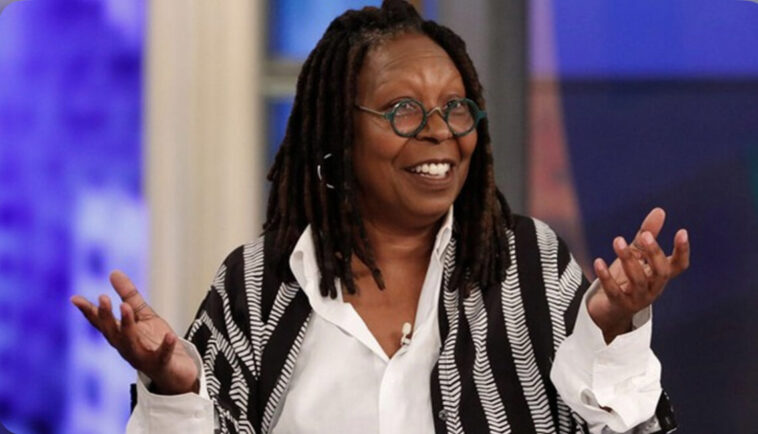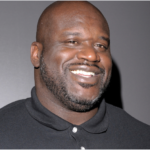Acclaimed actress and television host, Whoopi Goldberg, has always been known for her distinctive voice and unique perspectives on a range of issues. In a recent revelation, Goldberg disclosed a rather unconventional clause in her will, clearly stating she does not want to be turned into a hologram after her death. Her reasons? “It’s a little freaky, creepy!”
Goldberg, a household name across multiple entertainment genres, has always displayed a candid and upfront demeanor, whether it’s addressing controversial issues or expressing her personal views. Her latest statement regarding holograms seems to follow this trend, as she addresses the ever-evolving technology that has recently brought many late artists back to “life.”
The entertainment industry has been buzzing with the use of hologram technology, especially after late musicians like Tupac Shakur and Michael Jackson were brought back to the stage via this medium. While many fans have rejoiced at seeing their favorite artists “perform” once again, the ethical implications and personal sentiments surrounding this technology remain a hot topic of debate.
For Goldberg, the line is clear. In a candid conversation, she expressed her discomfort with the idea of her image being resurrected and paraded after her passing. “There’s something deeply personal and spiritual about letting go,” Goldberg commented, “and this technology, while fascinating, seems to hold onto something that should be allowed to rest.”
While many celebrities haven’t publicly disclosed their stance on posthumous holograms, Goldberg’s proactive approach is noteworthy. It underscores the need for public figures to consider the implications of technology on their legacy and how they’d want to be remembered.
Her sentiments were echoed by many fans and fellow celebrities, who appreciated her candidness. Many feel that while holograms can be a testament to an artist’s enduring legacy, they also tread a fine line between commemoration and exploitation.
Goldberg’s statement also opens the floor for broader discussions about personal autonomy and control over one’s image, especially in an age where digital resurrections are possible. As technology continues to advance, it’s essential for laws and personal wishes, like those expressed in wills, to reflect these new possibilities.
Whoopi Goldberg’s illustrious career, spanning decades, is filled with memorable roles and iconic moments. Her decision to preemptively address her digital legacy is a reminder that while her contributions to the entertainment world are vast, the manner in which she’s remembered should be on her terms.
In conclusion, as the lines between reality and the digital realm blur, Goldberg’s stance is a compelling reminder of the need for introspection and respect. Her wish to avoid a holographic afterlife underscores the significance of genuine memory and the importance of letting legends rest in peace.


